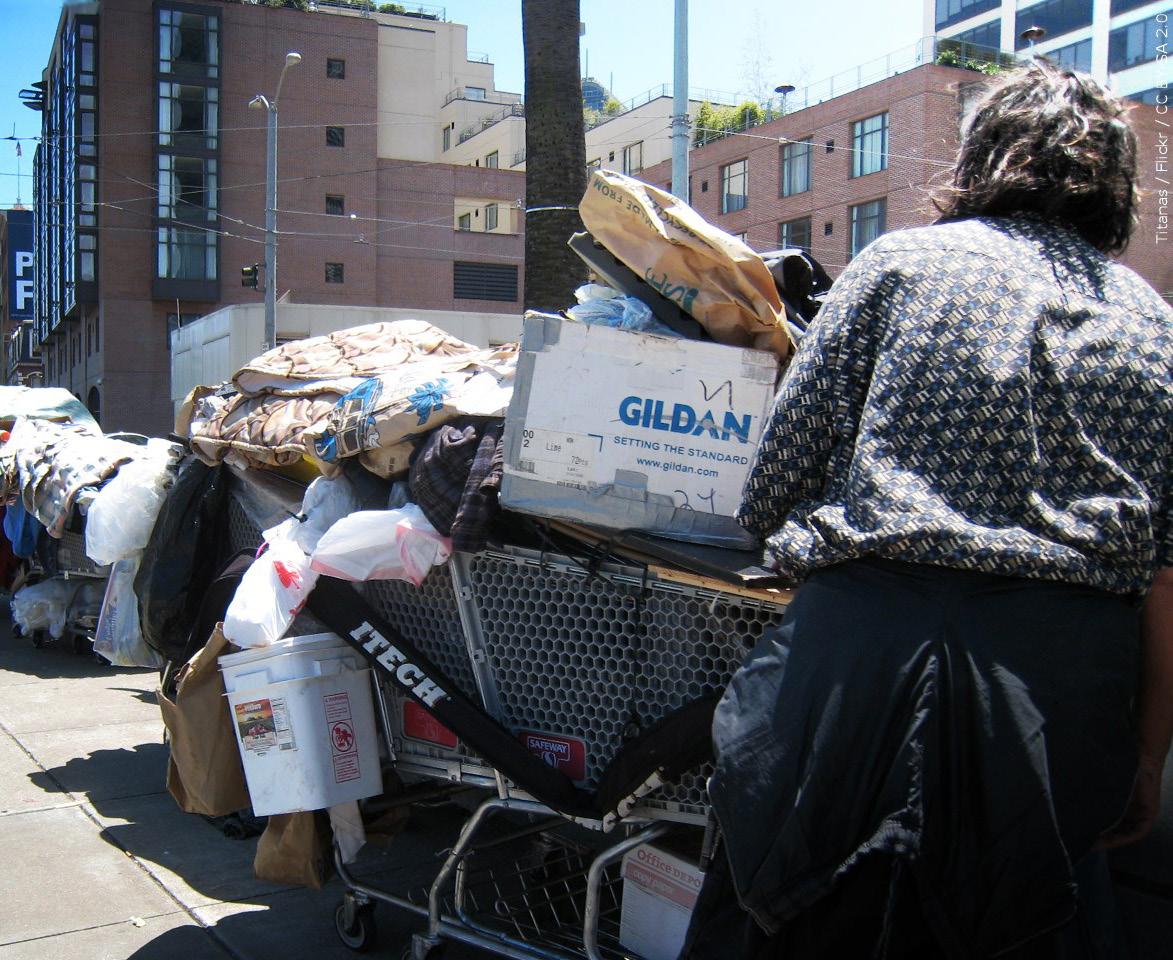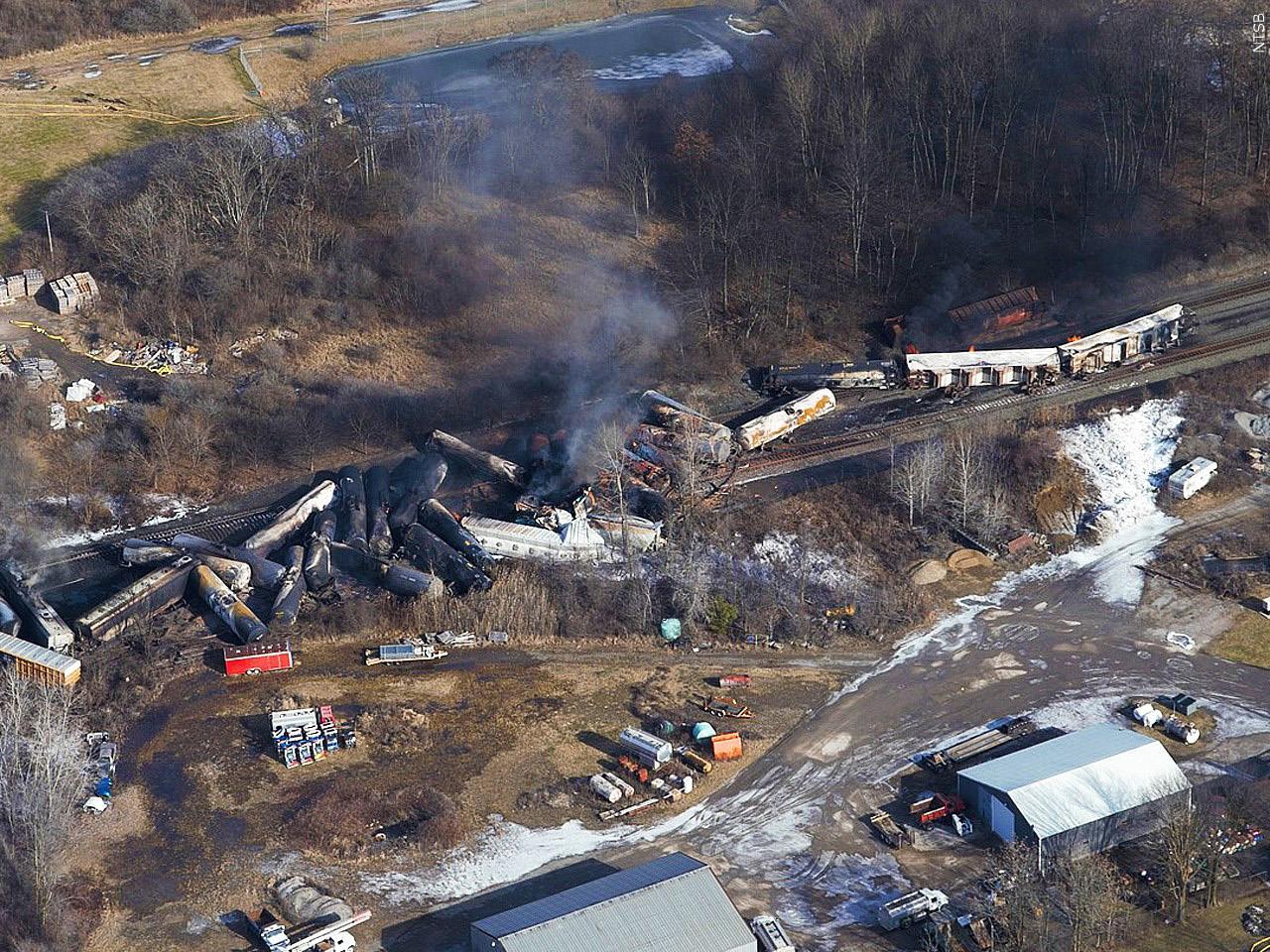
4 minute read
The Senate is to pass a bill on the homeless
Wall Staff Writer
In Georgia, there is a bill in the Senate that seeks to ban homeless people from sleeping or camping on public property. In fact, it could penalize cities like Atlanta for having a higher-than-average homeless population and could use federal money to build a state-funded camping area specifically reserved for the homeless.
Advertisement
Senator Carden Summers of Cordele believes these designated encampment areas are helpful.
“There are a lot of vacant areas in every city,” Summers said.
Some take issue with the creation and enforcement of these camps, because it could create a public health issue to have everyone in the same area who are suffering from things such as addiction and mental health.
“I tend to feel that people experiencing homelessness are really mistreated and dehumanized in a lot of ways already and that the bill seems like a step kind of along the lines of more anti-homelessness architecture, things like that,” said freshman political science major Katie Cooper. “It could further criminalize an already vulnerable group of people in the U.S.”
There is also a concern that it could allow law enforcement officers to force people experiencing homelessness to move completely. To some, the laws sur- rounding this bill could be too loose and more open to interpretation.
Some think it could be a positive thing, as the homeless would no longer be on the streets.
“I feel like they should try and be enforcing it,” said freshman business management major Peyton Roger. “No one should be just out sleeping on benches and everything. It could be a positive thing so that the homeless are not just on the streets.”
“When you ride down a road in Atlanta, anywhere within a two-mile radius of this capital, homelessness is out of control,” Summers said.
On Feb. 15, 2023, the State Senate and Local Government Operations Committee voted four to three to advance Bill
62 in the Georgia Senate. From here, the next step is floor action, and if it succeeds there, then the bill will be sent to the other chamber. Here, a conference committee will take place, with both chambers having to agree on the bill exactly. The last step would be sending it to the Georgia Governor, Brian Kemp.
It is hard to say whether the bill will pass or not in the Georgia Legislature.
“The bill has several factors going for it regarding its potential passage,” said GC political science professor Dr. Kevin Spann. “The bill’s co-sponsors include quite a few committee chairman as well as current and former members of Republican leadership. As for factors going against it, the bill currently lacks biparti- san support from Democrats, which, though not always necessary for passage, is relevant, as the Republican majority is not as overwhelming as it once was.”
Georgia must wait and see whether this bill will pass into the next steps needed to fully and legally become a law in the state.
Derailed trains are more common than we think
In the past month, there have been several instances where trains have derailed from their tracks.
On Feb. 3, a Norfolk Southern train derailed in East Palestine, Ohio. About 11 of the 20 train cars containing hazardous materials derailed. Authorities worked over the weekend to get the fires contained while residents were evacuated. The area has been deemed safe to reside in again, but many residents are reporting several signs of side effects, includ- ing animals falling ill.

On Feb. 13, a CSX train derailed in Enoree, South Carolina. There were no reported leaks or freight spills.
Also on Feb. 13, a Union Pacific train derailed in Splendora, Texas. There were no dangerously hazardous materials in any of the train cars, but citizens were concerned because of the Ohio train. However, the company did send out a HAZMAT team and a team to monitor air quality because of the materials that were on board. There have not been any bad reports.
On Feb. 20, a Union
Pacific train derailed in Riverbank, California.
It is reported that there are no leaks or spills, and a HAZMAT team has not been involved.
On Feb. 21, a Union Pacific train derailed in Gothenburg, Nebraska. It was reported that hazardous material was spilled during this incident, but that the HAZMAT team was not involved.
Many GC students are aware of the dangers of the derailments.
“It’s really scary how things like that can happen,” said senior English major Scarrlee Porter.
There are many environmental con- cerns involved with these accidents.
“There have been a lot of situations where it was not taken care of properly, and when that happens it gets into an environment and it causes illnesses,” said GC Chief of Sustainability Officer Lorianne Hamilton. “Plant life dies off, animal species die off, people start getting sick and going to the hospital, people die, birth defects start showing up, people become sterile and cannot have children, and these are things that happen.”
Many residents in East Palestine have filed a class-action lawsuit
There have been a lot of situations where it was not taken care of properly, and when that happens it gets into an environment and it causes illnesses against Norfolk Southern because of all the consequences of the train derailing. People have experienced chest pain, sore throats and headaches. Residents were forced to evacuate the area, but when they returned, they noticed that animals were dying, and many residents felt pain in their chest.
“I think people do have the right to sue because it totally could have been prevented,” Porter said. “They were not taking the right precautions.”
Not only are residents affected, but also plant and animal life. It is said that more than 40,000 animals have died as a result of the derailment in East Palestine.
“Officials estimated 38,222 minnows and around 5,550 other species — such as other fish, crayfish and amphibians — were killed during the derailment,” said “USA Today” editor Paige Bennett. “The deaths occurred in a five-mile span within the impact area.”
“I could see more species becoming part of the endangered species list,” Hamilton said.
“In the same respect for our soil, it does damage and contaminates our soil, so we are looking at potential of areas becoming unusable as far as growing crops, losing their vegetation that they seriously need, like our trees and our bushes that help soil erosion, and once we start losing trees — these things are vital for us to live — so these are critical things that we should be aware of.”
GC students all agree that this tragic accident left a concern of negligence.
“Oh, it was most definitely negligence,” Porter said.










